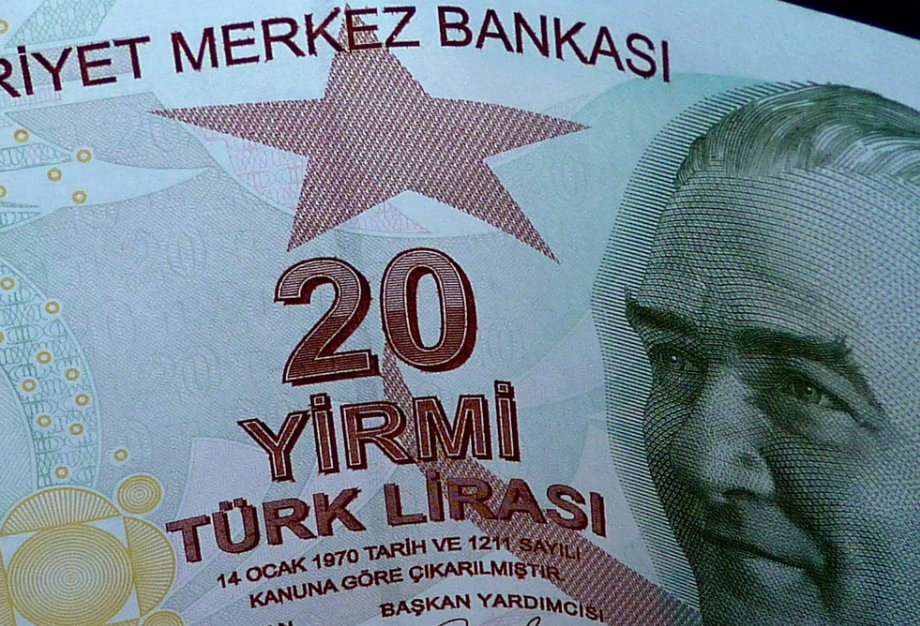EMERGING MARKETS-FX muted with China Lunar New Year break; Turkish lira eases
Emerging market stocks edged up on Monday and currencies were muted with China's financial markets closed for a week for the Lunar New Year holiday, while Turkey's lira eased after President Tayyip Erdogan confirmed early elections. The MSCI index for emerging market currencies was flat.

Emerging market stocks edged up on Monday and currencies were muted with China's financial markets closed for a week for the Lunar New Year holiday, while Turkey's lira eased after President Tayyip Erdogan confirmed early elections.
The MSCI index for emerging market currencies was flat. Regional stocks added 0.2% by 0830 GMT, hitting their highest level in more than seven months. EM currencies snapped their four-week winning streak on Friday on renewed worries about global growth after weak U.S. economic data and hawkish commentary from Federal Reserve policymakers.
Turkey's lira slipped 0.2% against the greenback. President Erdogan said Turkey would hold elections on May 14, a month earlier than scheduled, setting up a tight test of his leadership after two decades in power.
"The elections are slowly creeping into focus for us just because of the preliminary polling and the potential for a regime change in Turkey," said Simon Harvey, head of FX analysis at Monex Europe. "A lot of the problems that we've seen over previous cycles and previous sell offs have been because of political interference in monetary policy and a lot of political pressure to expand credit growth, which has facilitated the current slide in the currency and promoted inflation."
Erdogan's determination to slash rates to 9% from 19% sent the lira crashing in late 2021 and down another 30% last year - its 10th consecutive annual plunge. Turkey's inflation roared to a 24-year peak of 85% in October as food, fuel and rent costs ballooned. Data showed Turkey's consumer confidence index rose 4.6% to 79.1 points in January, increasing again after a month with marked improvements in confidence for households and the economic situation.
The South African rand eased 0.4% against the dollar, as power utility Eskom extended scheduled electricity cuts, which are a major brake on economic growth and source of investor concern. South Africa's top 40 index rose 1.3%, extending gains after hitting a record high in the previous session.
Kenya's shilling weakened to a fresh record low due to increased demand for dollars from the energy sector and general goods importers, traders said. Russia's rouble climbed to a near one-week high against the dollar, supported by continued foreign currency sales and as exporters prepared to pay monthly taxes.
The Polish zloty edged up against a firm euro, while other central and eastern European currencies slipped in early trading. Investors were focused on industrial output, producer prices and retail sales data from Poland due at 0900 GMT. For GRAPHIC on emerging market FX performance in 2023, see http://tmsnrt.rs/2egbfVh For GRAPHIC on MSCI emerging index performance in 2023, see https://tmsnrt.rs/2OusNdX
For TOP NEWS across emerging markets For CENTRAL EUROPE market report, see
For TURKISH market report, see For RUSSIAN market report, see
(This story has not been edited by Devdiscourse staff and is auto-generated from a syndicated feed.)
ALSO READ
Israel says Turkey has chosen to support Hamas, comes with economic price
Turkey imposes export restrictions on Israel until Gaza ceasefire
Turkey imposes export restrictions on Israel until Gaza ceasefire
Turkey imposes export restrictions on Israel until Gaza ceasefire
Turkey calls on Iran to avoid further escalation with Israel










